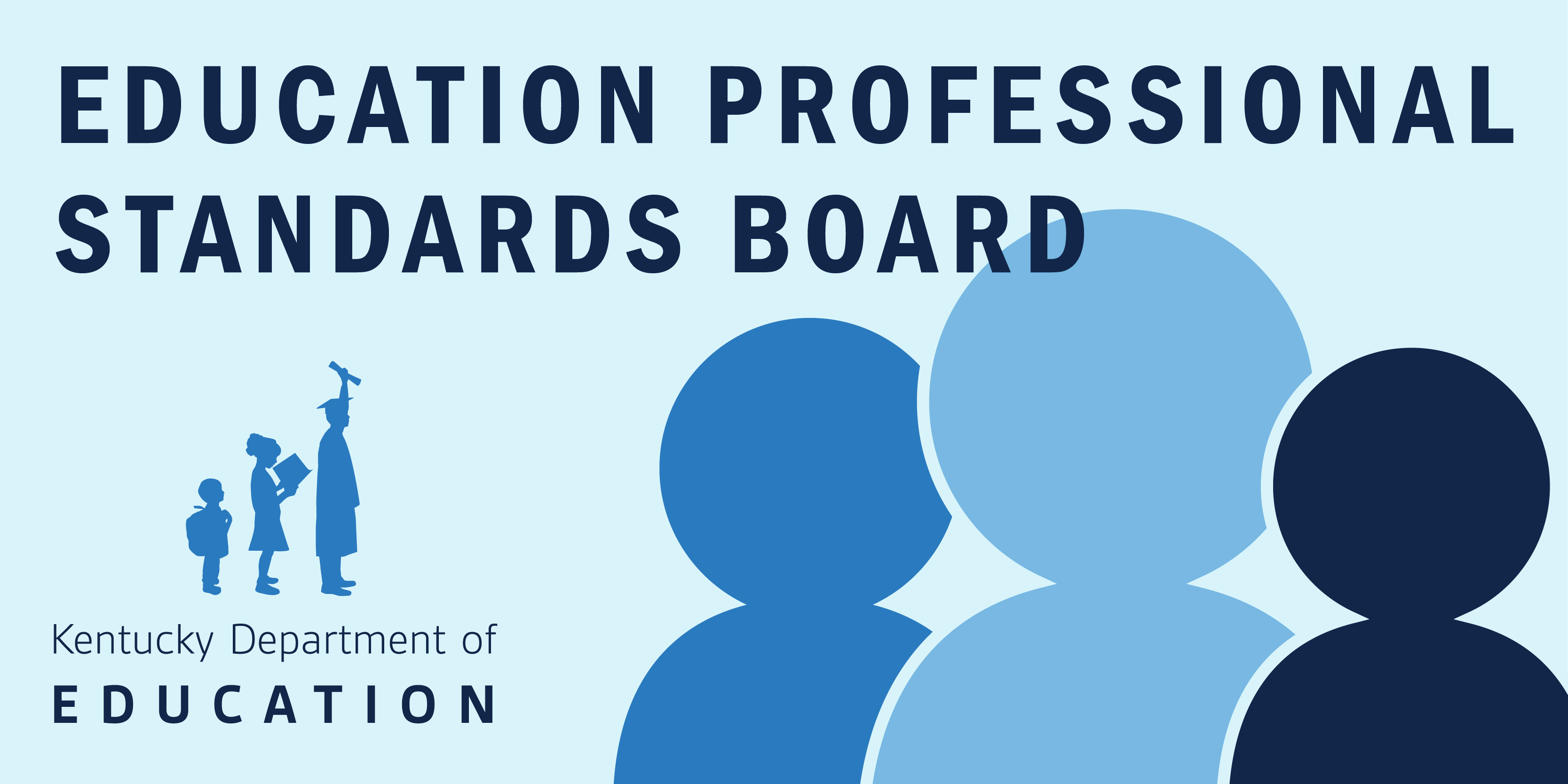
Mark Broering hugs Hope Schleper after Campbell County High School’s graduation ceremony in 2018. Changes to Kentucky’s minimum high school graduation requirements took one more step toward enactment Feb. 11 when the Administrative Regulation Review Subcommittee forwarded them to the Legislative Research Commission.
Photo by Bobby Ellis, June 4, 2018
(FRANKFORT, KY) – During the Administrative Regulation Review Subcommittee (ARRS) meeting Feb. 11 at the Capitol Annex in Frankfort, Kentucky Education Commissioner Wayne Lewis testified in support of amendments to 704 KAR 3:305, proposed minimum high school graduation requirements. The requirements, which were passed by the Kentucky Board of Education in December, were not found deficient by ARRS and will now be forwarded to the Legislative Research Commission, which will then refer it to the House and Senate Education committees.
“These revisions set a very low bar – right now there is no bar,” said Lewis. “It’s an incredibly important first step that will ensure students will be well prepared for what comes next in life following graduation.”
The new graduation requirements give students entering high school in the 2019-2020 school year the chance to take more classes geared toward their plans after graduation. Freshmen must complete the following 22 personalized credits before graduation:
- English I and II AND 2 additional English Language Arts credits aligned with the student’s Individual Learning Plan (ILP)
- Algebra I and Geometry AND two additional Mathematics credits aligned with the student’s ILP
- 3 credits Social Studies (at least 1 aligned with the student’s ILP)
- 3 credits Science (at least 1 aligned with the student’s ILP)
- 1/2 credit Health
- 1/2 credit Physical Education
- 1 credit Visual and Performing Arts
- 6 additional credits aligned with the student’s ILP
In addition, students must complete one of eight graduation qualifiers. These qualifiers help ensure graduates are prepared for what comes after high school. Students will be required to do ONE of the following:
- Complete the precollege curriculum as established by the Council on Postsecondary Education; OR
- Meet the benchmark score in one section (such as English, Reading, Math or Science) of a college admissions test (such as ACT or SAT) or placement exam as established by the Council on Postsecondary Education; OR
- Earn three postsecondary credit hours or more of a Kentucky Department of Education (KDE)-approved dual credit class with a grade of C or higher; OR
- Complete one class and corresponding test meeting the following criteria:
- Advanced Placement (AP) with a score of three or higher; or
- Cambridge Advanced International (CAI) with a score at or above benchmark; or
- International Baccalaureate (IB) with a score of five or higher; OR
- Earn an industry certification as approved by the Kentucky Workforce Innovation Board; OR
- Earn four credits from classes within a single KDE-approved career pathway; OR
- Complete two years of a KDE-approved or Kentucky Labor Cabinet-approved pre-apprenticeship or apprenticeship; OR
- Complete a KDE-approved process to verify 500 hours of exceptional work experience or alternative requirements as outlined in a student’s Individual Education Plan (IEP).
Students entering high school in the fall of 2020 and beyond also will have to meet a graduation prerequisite. The graduation prerequisite require students to demonstrate basic competency in reading and math in one of three ways before graduation:
- Score at least Proficient on the 8th-grade state-required assessment for reading and/or mathematics; OR
- Meet the minimum KBE-approved required score within the Apprentice range in reading and mathematics on the 10th-grade state-required assessments;
- Students who do not meet the minimum score on one or both assessments may retake the reading and/or mathematics assessments twice each year in the 11th and 12th grades of high school; OR
- Complete a collection of evidence to include the following:
- The student’s ILP, including a student transcript;
- If applicable, the student’s IEP, including evidence that the student has received specially designed instruction and related services in reading and mathematics;
- Student performance on the required state assessments;
- Appropriate interventions, targeted to the student’s needs, to ensure support was provided to the student;
- Student work demonstrating the students’ competency in reading and/or mathematics, as applicable; and
- The student’s post-high school plans.
The process shall require the principal to submit the collection of student evidence to the superintendent or his or her designee for review and approval.
“We want to be assured that any student who receives a high school diploma has basic competency in reading and math,” said Lewis. “This would not create a new test. Students could demonstrate competency in 8th grade, 10th grade or in a demonstration of evidence.”
Brigitte Blom Ramsey, executive director of the Prichard Committee for Academic Excellence, testified against the regulation saying that while she agrees that Kentucky is graduating far too many students without the skills needed for future success, the regulation does raise some concerns. Ramsey said concerns include the addition of exit exams, which produce few benefits in other states where they have been implemented; the removal of Algebra II as a requirement for graduation; and the potential for students with low test scores to be tracked into low-quality pathways.
“Today’s proposal for new minimum high school graduation requirements deserves the full attention of citizens, students and business leaders in service to our state goals for student success,” said Ramsey. “This is a critical discussion that has bearing on Kentucky’s ability to deliver on the promise of full college and career preparation for every student.”
Lewis offered a counter argument to Ramsey’s points, saying that only 15 U.S. states require Algebra II as a high school graduation requirement.
“Thirty-five states do not believe that Algebra II is necessary for every student,” said Lewis. “In Kentucky, we currently require that every one of our students successfully complete the course. Juxtapose that with the reality that 60 percent of our highest-achieving students go on to college and about 23 percent of them are not ready for college level math. Those two simply cannot be true at the same time.”
Lewis also argued that the demonstration of basic competency in reading and math is not an “exit exam.” Students will have three ways to demonstrate competency: during accountability assessments in 8th or 10th grades, or by submitting a portfolio of evidence to their local superintendent.
As for career pathways, he said, this is just one of eight of qualifiers, and there are numerous high-quality pathway programs throughout the state.
School boards are looking at the graduation requirements now to consider if they wish to add to these minimum requirements to best meet the needs of their students. In doing so, they also are in the planning stages for staffing and class offerings to ensure students have the necessary options to meet the new requirements.



Leave A Comment